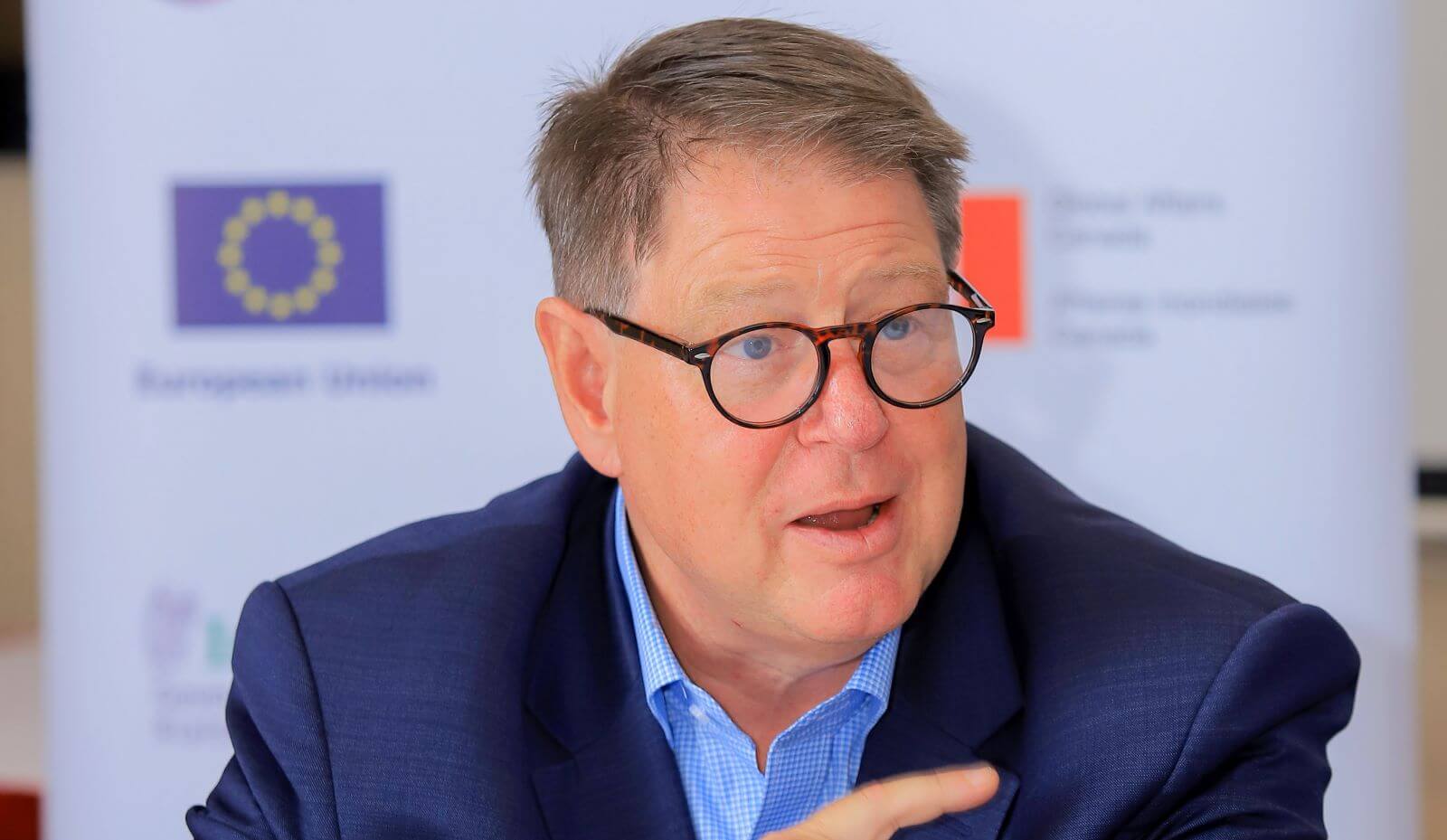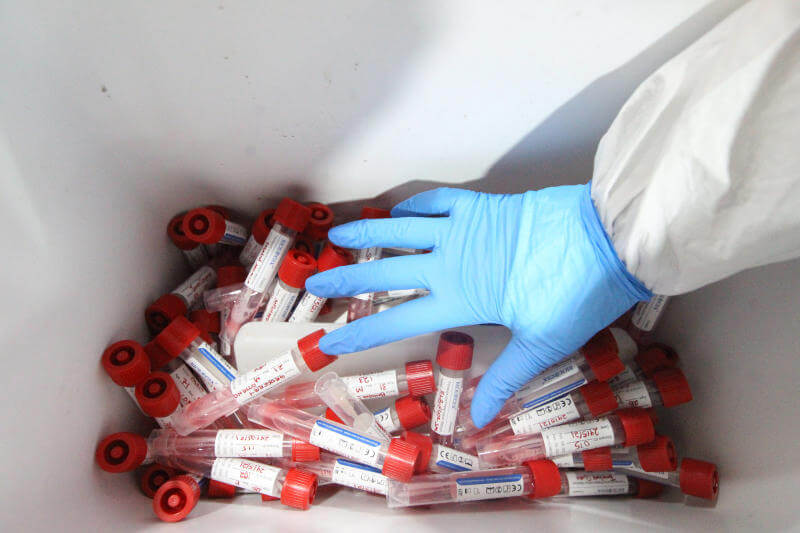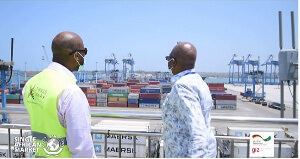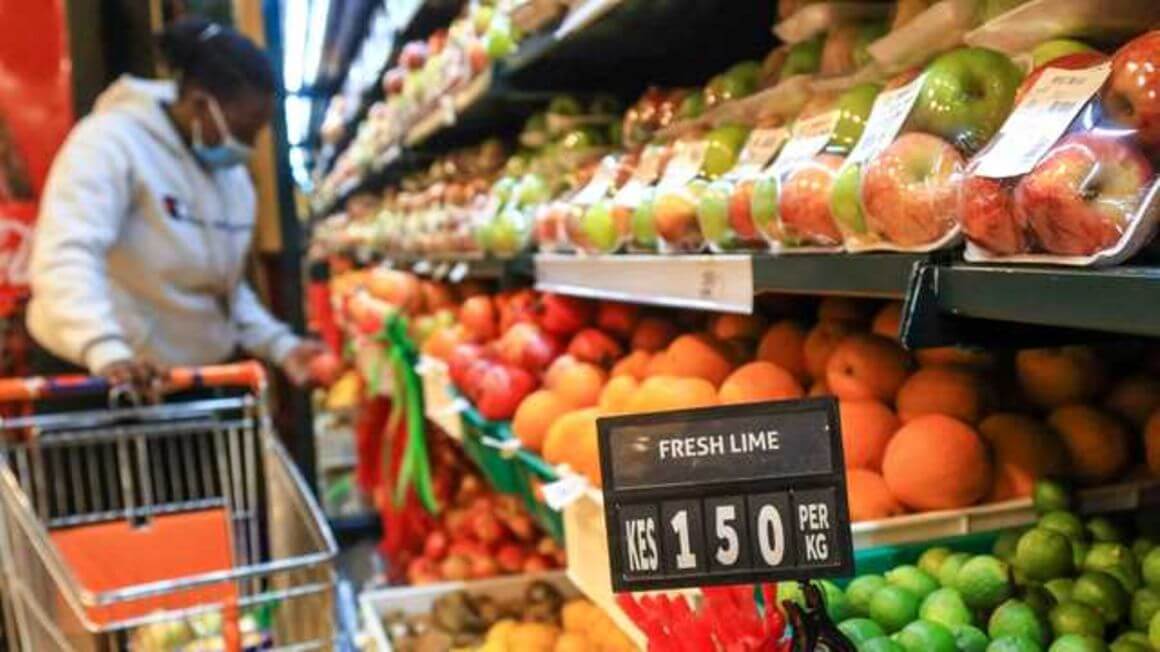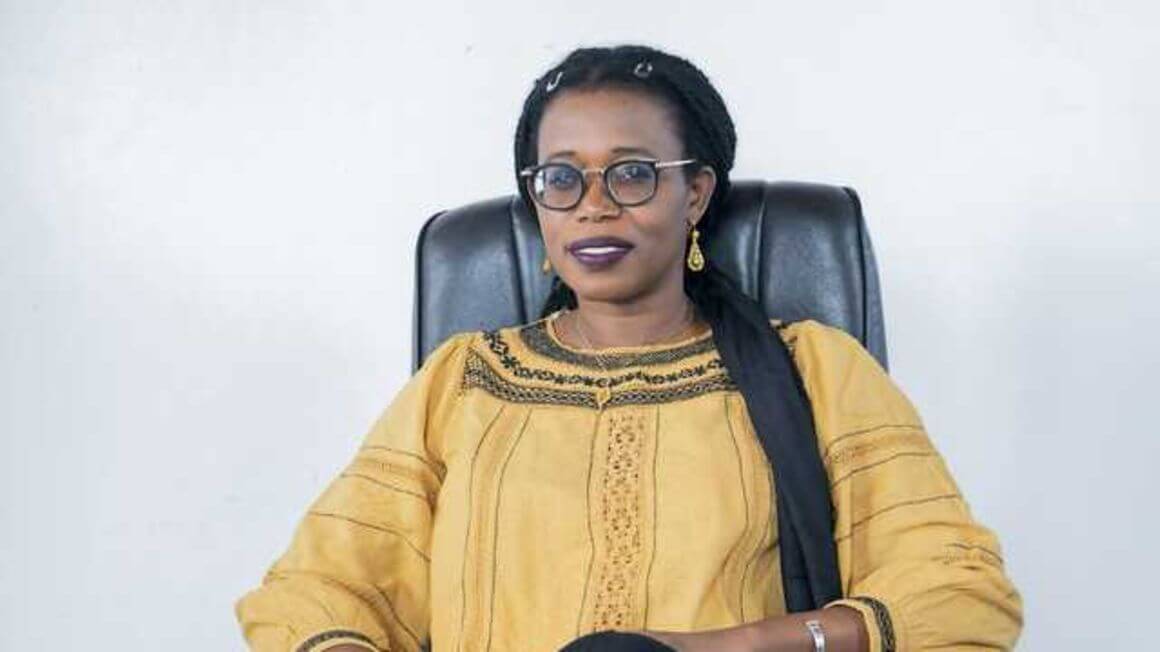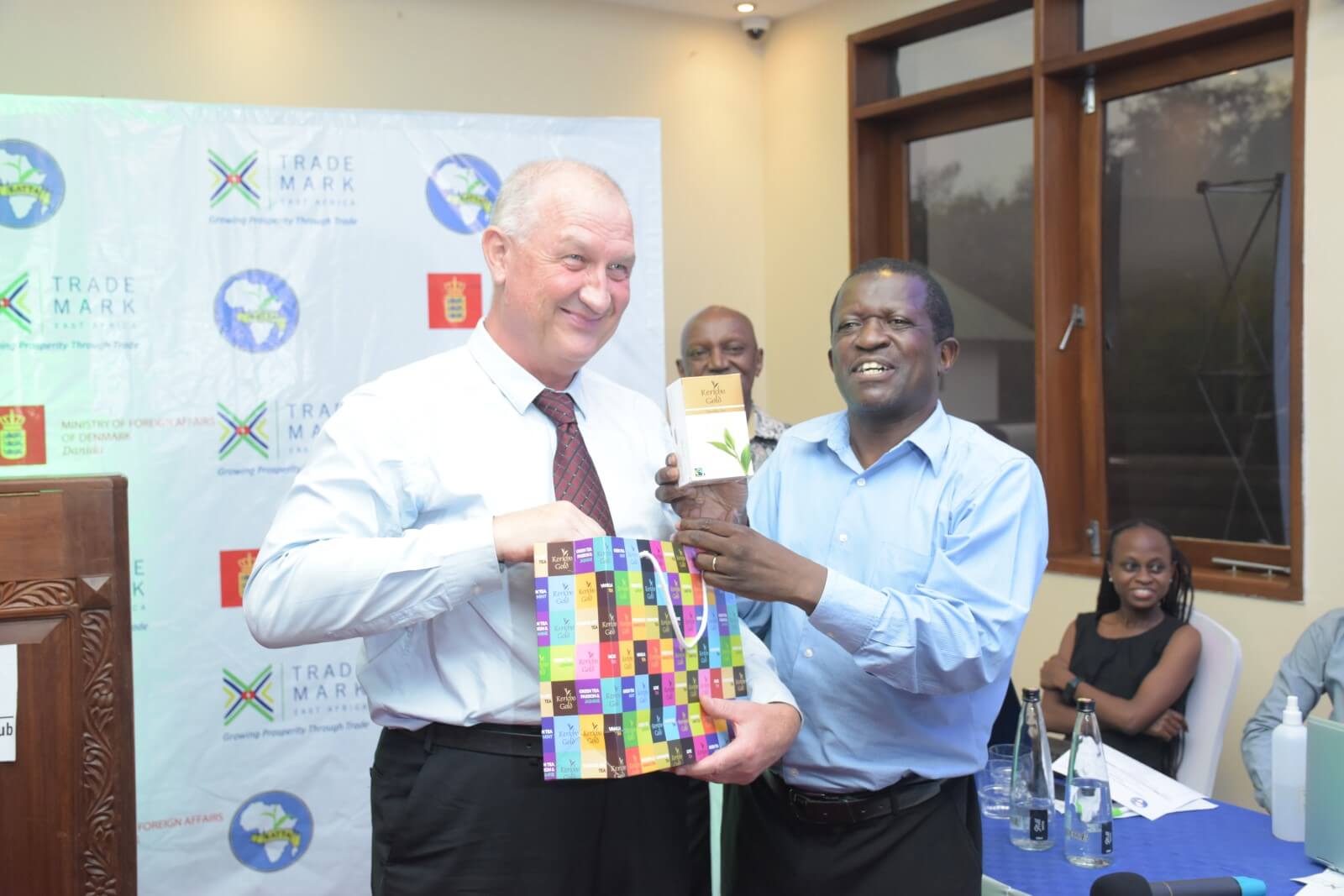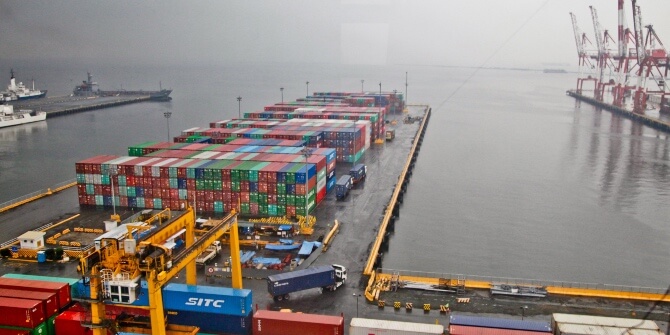Nairobi, June 2nd 2022: Her Royal Highness the Queen of England has today conferred TradeMark Africa (TMA) Chief Executive Officer, Frank Matsaert the Order of the British Empire (MBE) his trail blazing work in Trade and Economic Development in East Africa. On receiving the news, Frank noted that the award represents the collective work that has been accomplished by working closely with TMA key stakeholders. “I am deeply honoured by the Queen and UK Government for this recognition of TradeMark Africa’s work in supporting trade and economic development in Eastern Africa over the last twelve years. It has been a privilege and an honour to found and lead such a dynamic and impactful organisation.” As the founding CEO of TMA, Mr. Matsaert, has steered the organisation to grow from a modest budget of US$ 42 million in 2010 to approximately US$1.2Billion by April this year. The organisation has experienced robust growth over the decade to become the leading Aid for Trade agency globally, with remarkable results in reducing the time and costs of trading across EAC; through investments at the Port of Mombasa, 15 completed One Stop Border Posts across the EAC region, Customs systems at Uganda Revenue Authority, Kenya Revenue Authority, Burundi Revenue Authority and Rwanda Revenue Authority. Mr. Matsaert’ s vision has led TMA to partner with governments across the region to lay the building blocks for a digital trade and transport corridor. Starting out in only 5 countries in East Africa, TMA has grown to spread her footprint...
TMA CEO Frank Matsaert Conferred Member of the Order of the British Empire (MBE)
Posted on: June 2, 2022
Posted on: June 2, 2022

